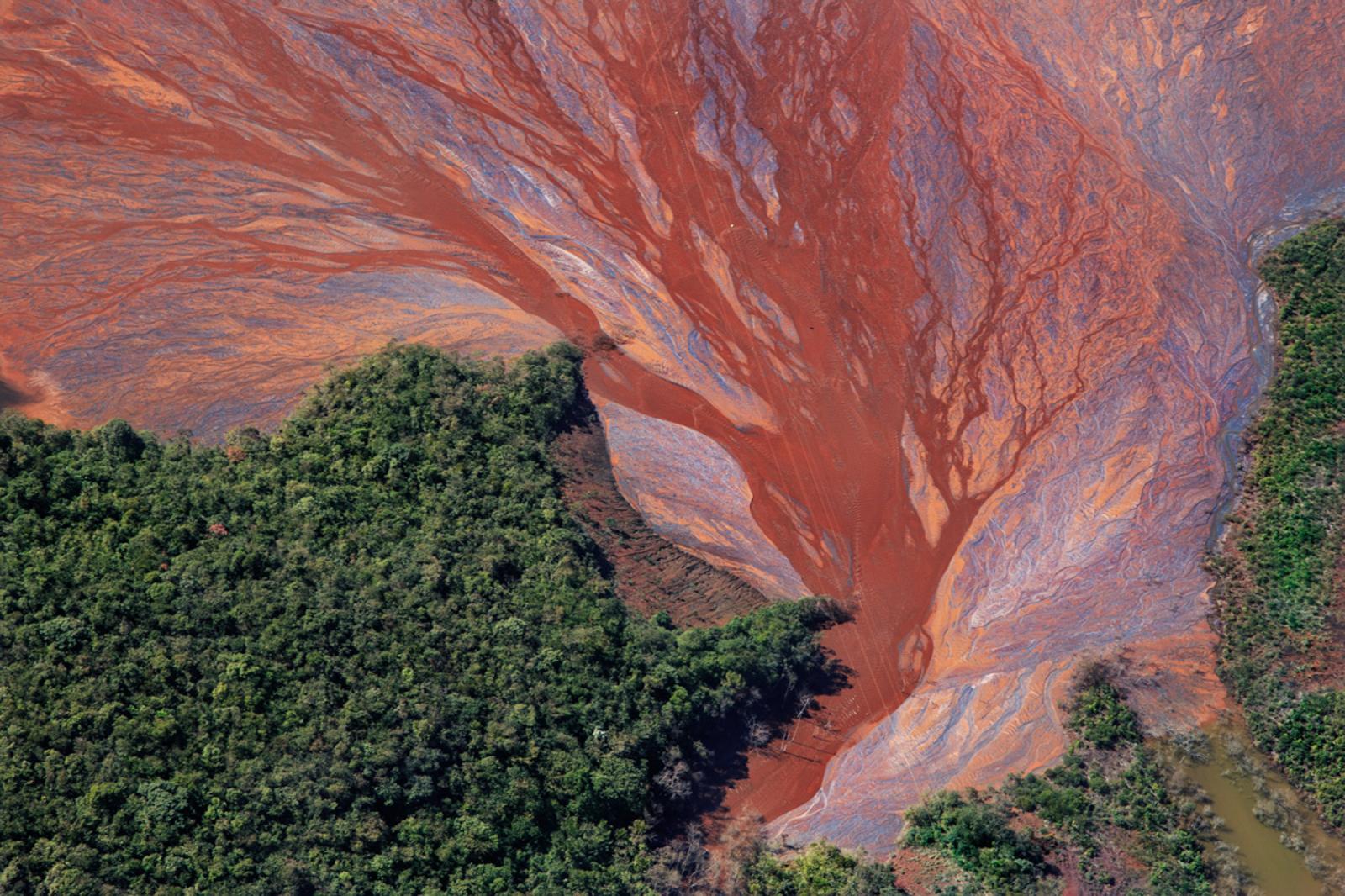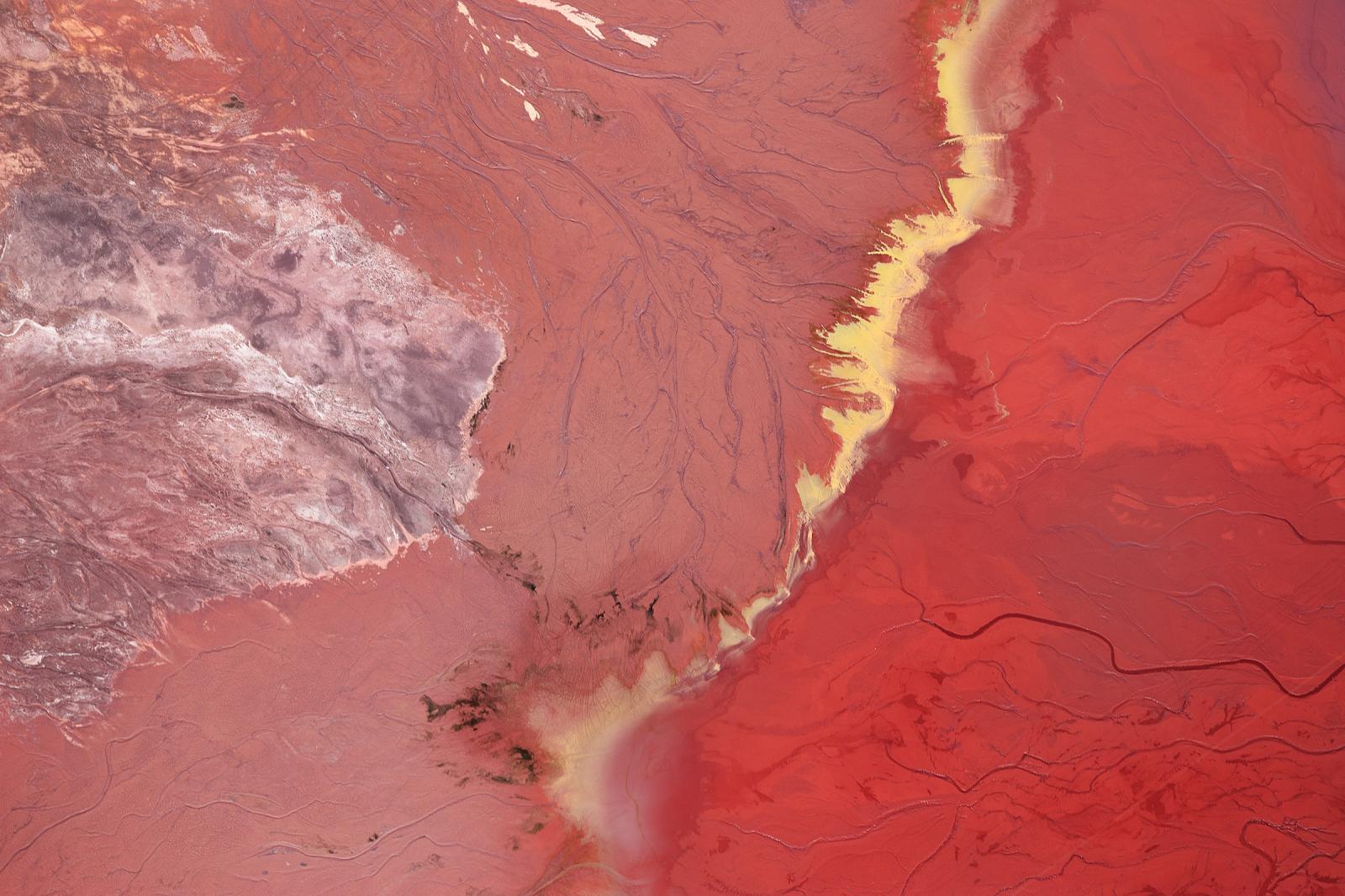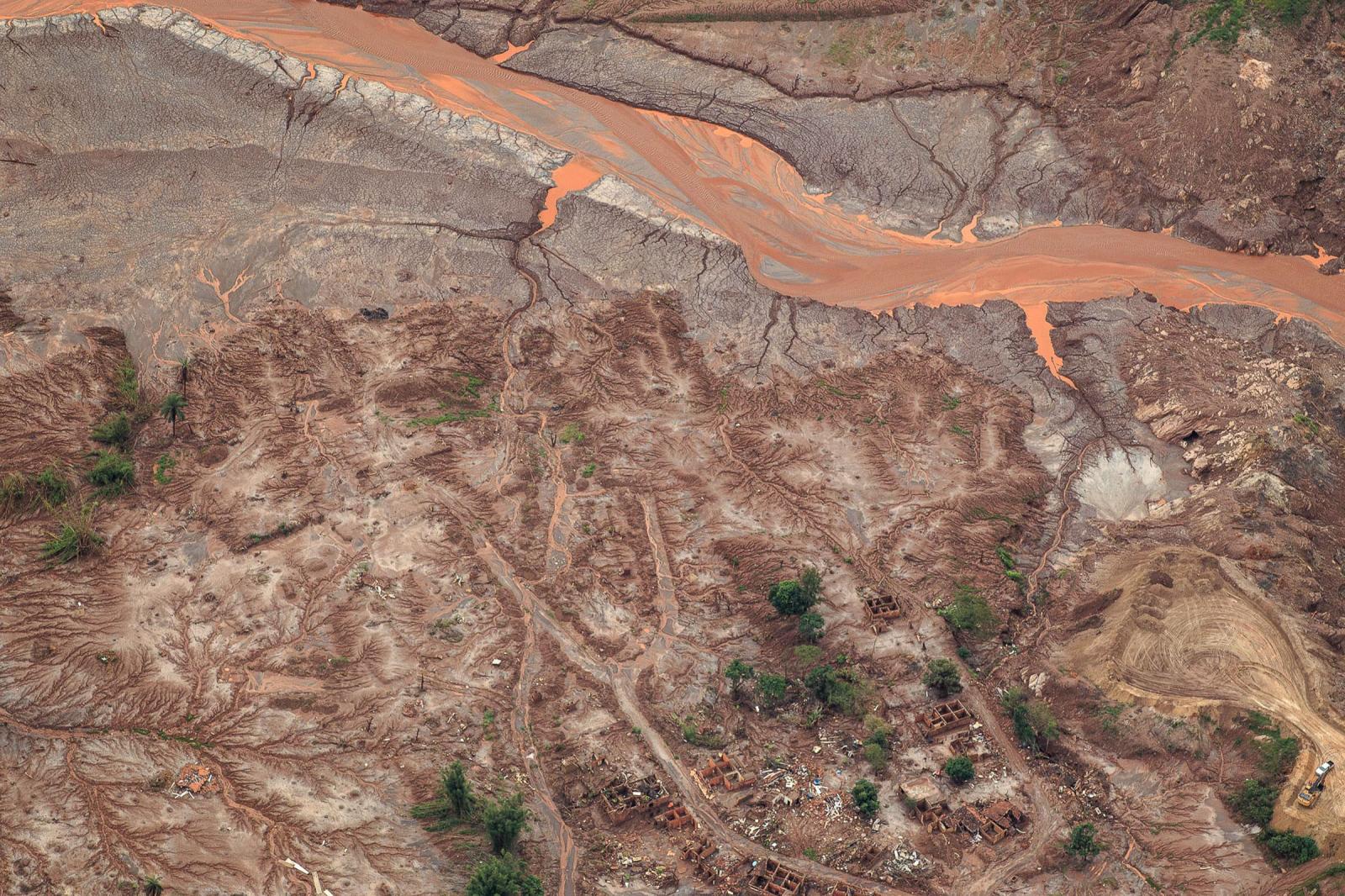Private Story
Mineral Veins | Transitory Landscapes | IWMF
The work I submitted represents five years of a tireless commitment to document and photograph the deadly social and environmental impacts of mining exploration throughout Brazil. I was the only photographer who didn't accept the 2015 mine collapse as an isolated tragedy but instead saw what it was: the tip of an iceberg. I dove in in-depth investigations and field activism to raise awareness about the lack of mining regulations that lead to the abuses of multibillion-dollar mining companies: the environment is devastated; indigenous and rural people are killed; social inequality widens.
In this quest, I have been searching for different ways to create a visual essay, refraining as much as possible from the direct depiction of poverty. Environmental racism is a structural part of Brazilian society; therefore, for ethical reasons, I decided to evoke the utmost respect for those who I photograph and considered them my first audience. By relying mostly on abstract imagery, I tried to maximize engagement and a reflection in an utterly visually desensitized society.
The Brazilian mountainous and inaccessible terrain hides the devastation caused by mining. In collaboration with a pilot, I pursued extensive aerial documentation of the destruction. Drones do not possess sufficient range to reach those areas, so, on an open aircraft, I sought extensive aerial documentation of the damage. But the work wasn't only about aerial photographs: its core involved investigation, interviews, and filming on the ground. It meant walking on the edge of the law, often flying in forbidden mining airspace, facing surveillance, suffering targeting, and escaping chasings. In the end, it was all worthed because my findings helped Brazilian senators investigate the 2019 tailing dam collapse and pushed the Brazilian army to step in and help the population affected by the disaster. A network of scholars researching the impacts of mining in Brazil supported me academically and endorsed my work for a Harvard's Planetary Health Alliance award I received in 2019.
However, my health issues constantly challenged my career and dreams.
It started with a severe spinal injury at the beginning of my career, which left me bed-bound for almost six months. In addition to that, despite suffering from acute vertigo - and several labyrinthitis crises - I have managed to create a combination of strict diet and medication that allows me to take aerial photographs. In the past two years, I have undergone three complex surgeries to face my body's reaction to postponed pregnancy. I developed stage four endometriosis in many parts of my body, including the respiratory tract. I faced my last surgery in December when my doctor forbade me to fly over illegal mining sites in the Amazon due to the high risk of lung collapse.
Anja Niedringhaus stood fearlessly for what she believed had to be done and made public those stories she felt had to be shared. Every day I draw inspiration from Anja's bravery and the examples of other pioneers - Margareth Bourke-White, Gerda Taro, and Catherine Leroy - to pursue photography as a means to raise awareness. If mining company’s threats, the risks, and diseases, haven’t stopped me, it's because I held firm to my principles and found support in the memory of those women who fought before me.Because, ultimately, my more profound hope is to contribute to change, as they did, the reality we live in – hopefully, for the better.














